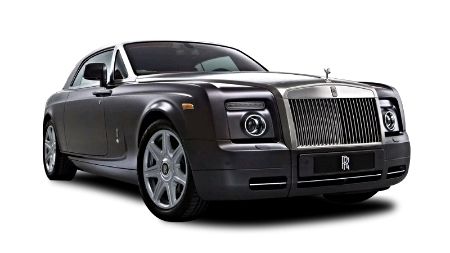
To buy or not to buy… that is the question!
The purchase of a company vehicle would reduce your corporation tax liability and potentially allow you to recover VAT on purchase.
However, before jumping into the drivers seat, consider that if the company car has any aspect of private use, the benefit in kind implications may negate savings achieved in the company.
Things to consider.
HMRC: What is a car?
HMRC define a car as a “mechanically propelled road vehicle” , simple enough, however there are exclusions from this. Goods vehicles such as vans and vehicles constructed with a specific purpose, coaches etc are excluded from the definition, however this may be reversed if there is any private use of those vehicles.
It may seem obvious that expenditure on the provision of a motorcycle is not treated the same as that on a car, however these rules only changed in 2009. HMRC now consider motorcycles under the rules for Plant and Machinery, allowing more flexibility on capital allowances, however the “private use of business asset” rules still apply.
Capital Allowances
Emissions, emissions, emissions! Capital allowances, the amount of cost you can offset against your profit for the year, for cars, are now based solely on the amount of CO2 produce.
Cars on the whole are excluded from applying the Annual Investment Allowance, however 100% write down in year one is still achievable if you make the right choice.
Social smoker – CO2 94g/km and under
Electric cars and cars with low CO2 emissions (95g/km) qualify for 100% first year allowance.
20 a day man – CO2 95g/km to 130g/km
Cars falling within this CO2 range are allowed a write down to tax of 18% per year.
Chain smoker – CO2 130 g/km +
Cars producing emissions greater than 130g/km are restricted to capital allowances of 8%.
Benefit in Kind
You will pay tax if a company car is made available to you for your private use, this includes commuting, or you are provided with free or subsidised fuel for private use in that car. The tax you pay is broadly determined by three factors:
- the list price of the car plus any accessories
- the CO2 emissions of the car, and
- the fuel type of the car.
In general, the benefit charge is lower for cleaner and cheaper cars. This is to encourage you and your employer to choose cars which are less damaging to the environment.
Fuel Benefit Charge
For 2014/15 the Fuel Benefit fixed fee is set at: £21,700
The cash equivalent value of the fuel used for private use is calculated by multiply the fixed fee above by the CO2 percentage.
An employee can avoid the fuel benefit charge if they make good any fuel used for private mileage using HMRC fuel advisory rates.
No Benefit in Kind
Company cars which meet the following criteria have no benefit in kind associated.
- Pooled Cars
- Cars with no private use
Alternative Strategy
Business use of personal vehicles allow employees to claim mileage allowance of up to 45p per mile. This is exempt income and tax deductible in the company.
As you can see, this area can be quite complicated and requires planning prior to making any purchase.
If you are contemplating purchasing a vehicle which will have business use, contact us to discuss your options.
F9 provides tax planning advice as well as accounting and payroll services for Limited companies from just £100 per month. We are based in Canary Wharf, London and Brentwood, Essex.
Please contact us if you would like to meet up to discuss your situation and requirements and find out what we can do for you.
e.TheTeam@F9consulting.co.uk
t. +44 207 712 1684

















